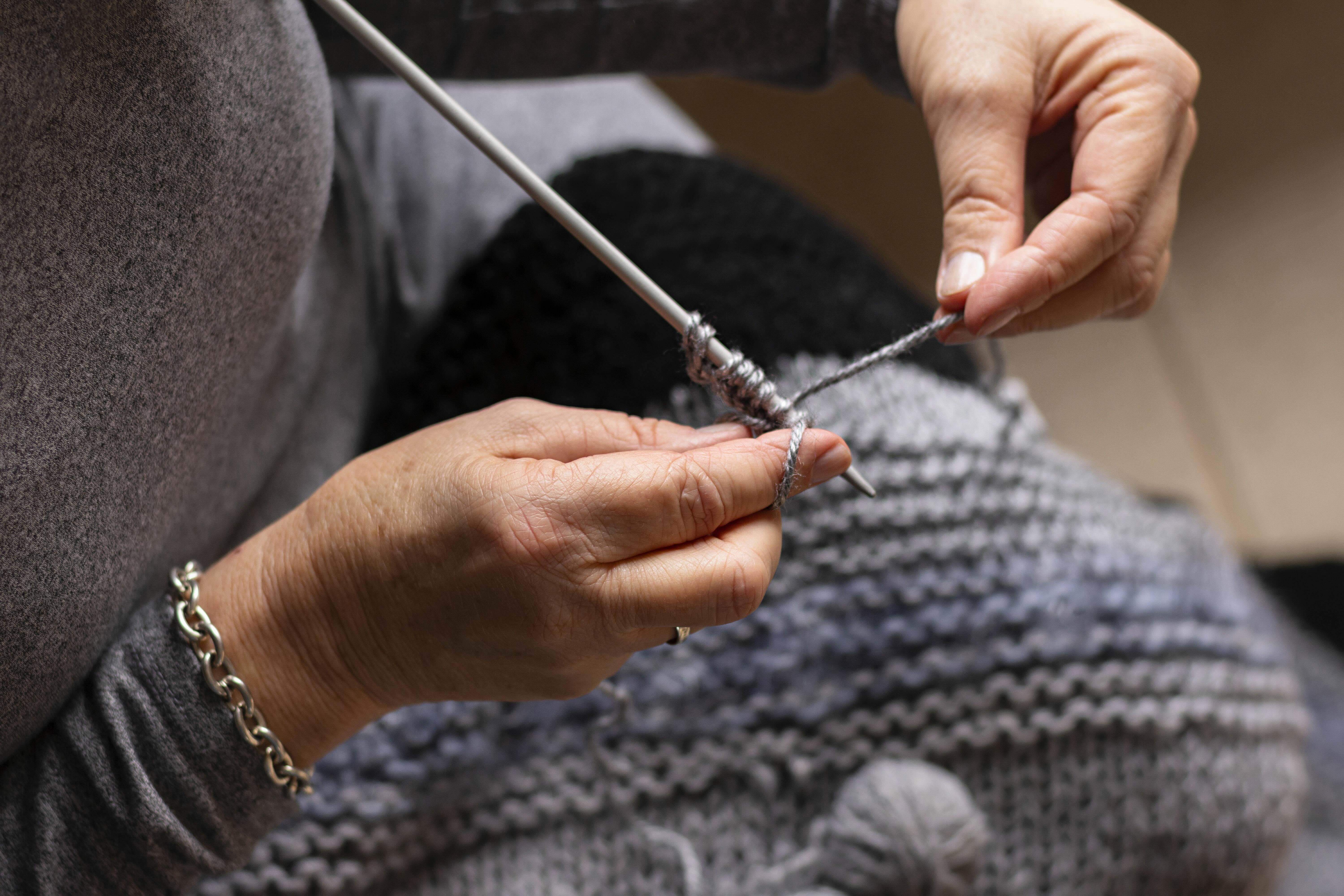Care Blog
Home Preparation and Alzheimer's

3 Things You Can Do to Prepare Your Home for a Loved One with Alzheimer's
Home Preparation and Alzheimer's
Providing care to a loved one is a rewarding experience. You know that you are giving her the best possible care and that she will spend her remaining days surrounded by loving family. When serving as a caregiver for a loved one with Alzheimer’s, make sure that your home also is as safe as possible for her. People living with Alzheimer’s have unique symptoms and traits that will require you to modify your home to make it the best environment possible, and you can ensure that your home will meet her needs by discussing your plans with your loved one’s doctor.
1. Increase Safety Around Stairs
Stairs are difficult for seniors to navigate, and they’re even more difficult for people living with Alzheimer’s. Steps pose a significant tripping hazard, so install ramps wherever possible in place of stairs. Keep in mind that building a ramp may be a DIY project, or you could hire a professional to design, build, and install ramps for the exterior of your home.
Ensure there are landings at the top and bottom of the ramp with railings on both sides for increased safety. Also, be sure the ramp surface is textured to decrease the risk of slipping and reflective to help your loved one find it in the dark.
As for interior stair safety, you have a couple of options. First, you can make arrangements for your loved one to live on the main level of your home by turning a den into a bedroom so she does not have to navigate stairs.
Another option is to install a stair lift so your loved one can access your entire home. Stair lifts climb up and down staircases on motorized rails and have comfort and safety features to keep your loved one secure. Also, make sure that your stairways are well lit, both outside and inside, to make your loved one feel safer.
2. Install Safety Gates and Locks
People with Alzheimer’s are prone to wandering, and you can help prevent falls by installing safety gates at the top and bottom of your stairs. If you are concerned that your loved one will wander away from your home, especially in the middle of the night while you’re asleep, you should place additional locks on your doors that are out of her reach or that require a key to unlock. Another option is a door lock designed specifically to stop Alzheimer’s patients from wandering, such as the Confounding Door Lock.
You also should ensure that all of your windows have locks that are in working order. If you’re concerned about your loved one becoming confused and trying to exit through a window, install window locks on all windows. Just be sure to purchase the correct locks for your type of windows.
3. Install Monitors or Sensors
Sensors and monitors are available for purchase specifically to help caregivers track their loved ones with Alzheimer’s. Motion sensors quickly detect when your loved one moves around the home and can detect variations in your loved one’s typical daily patterns to alert you to possible problems by sending a notification to your smartphone.
Some companies offer home automation systems with monitors and sensors that will make you feel more at ease when your loved one with Alzheimer’s is home alone or you are busy completing a task. These systems are easy for homeowners to install and include wireless monitors and cameras that you can place anywhere in your home to keep tabs on your loved one. Some of these systems also include door monitors that alert you when your loved one attempts to exit through an exterior door or leaves her bedroom in the middle of the night.
Before you can provide care to a loved one with Alzheimer’s properly, you need to modify your home to better suit her needs and ensure her safety. Begin by increasing safety around stairs with ramps or stair lifts, installing safety gates and door and window locks, and installing monitors or sensors around your home.
Perhaps most important to the safety of your loved one is your ability to care for him or her. Consider partnering with a team of dementia care specialists who can ease your burden with respite care when providing around-the-clock care by yourself becomes too much. By caring for yourself, you will return to your duties with a fresh set of eyes and both you and your loved one will benefit.
Written by: Lydia Chan
Additional Resources:
Creating a Safe Place For Your Loved One With Dementia-AARP
Contact New Horizon's In-Home Care, providers of elder care Eugene and the surrounding area trust, to learn more about our expert Alzheimer's care.
Share:
Call Us Today
Call us today to schedule a free in-home care assessment so we can help you understand how you or a loved one can have a safe and happy life at home.

Take the Quiz
Let us know what kind of help you might need, and we’ll be back in touch to customize a plan for you.
Take the Quiz
